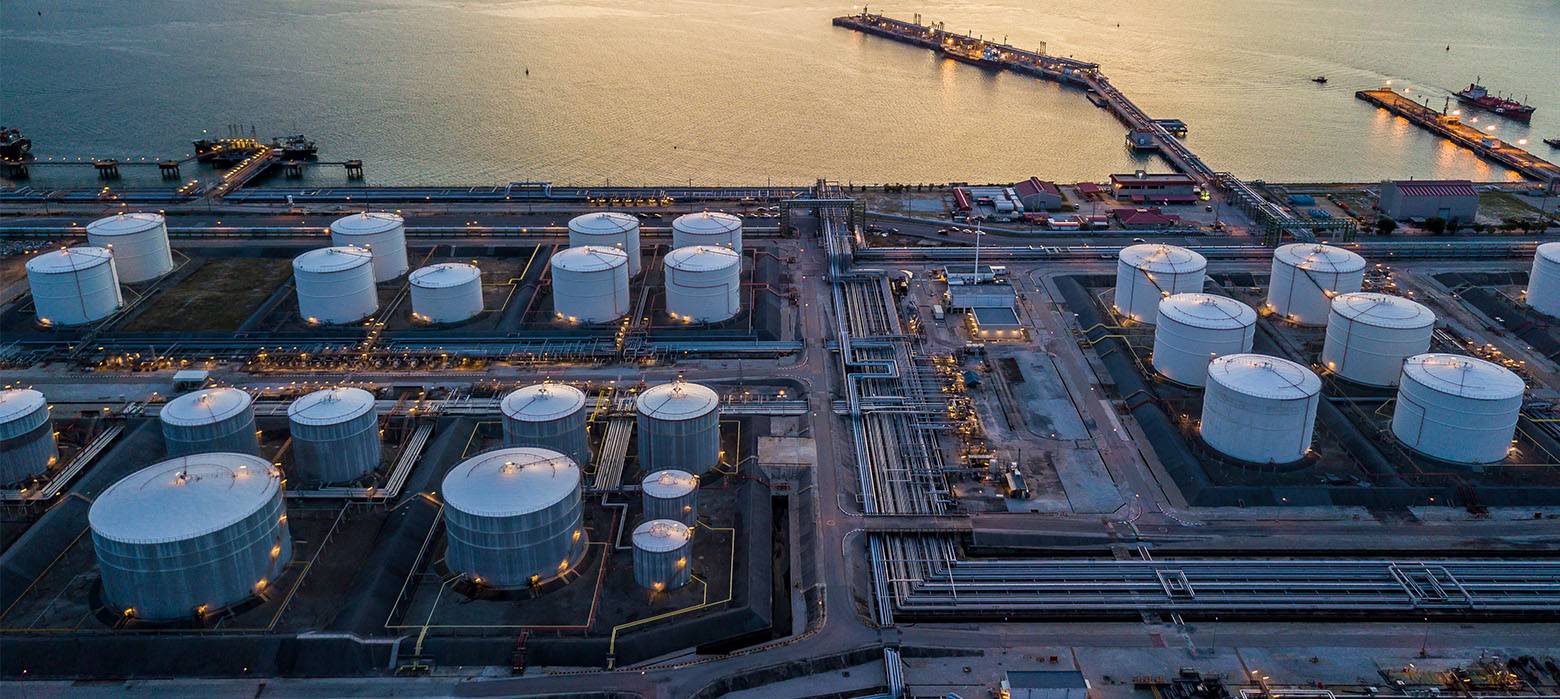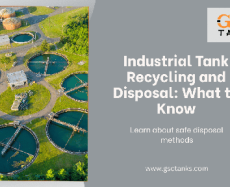
- admin
- May 20, 2019
What Are The Differences Between Natural Gas And Propane?
Both natural gas and propane are widely used as fuel – but for different purposes. While both are products of nature, the later is the off-shoot of the processing of the former.
In this blog we shall explore in details the similarities, differences and the specialties of these 2 gases.
What is natural gas?
Natural gas is a natural fuel that comes from the core of the earth – on land or under the water.
This gas was formed by the fossils of plants and animals deposited on the earth’s crust that under heat and pressure turned into petroleum, oil and natural gas.
Natural gas has several components of which primary is methane.
Hydrogen and carbon dioxide are the two other major constituents of natural gas apart from other minor gases.
It is the cleanest fossil fuel and most widely used across the globe.
However, the gas has to be processed before it is used making it dry and stored, supplied and used.
What is propane?
Propane, also known as LPG, is a liquefied hydrocarbon gas used for a variety of purposes other than cooking and running vehicles.
Propane is the off-shoot of the purifying process of natural gas and petroleum refining.
The gas does not occur in isolation and always occurs in combination with other hydrocarbons.
It is isolated by refrigeration and liquified before storing in pressurized vessels. Propane is LPG but all LPG is not necessarily Propane.
Which is better natural gas or propane?
Now that you know that both Propane and Natural gas are popular fuels, it is time to know when and how to choose one above the other.
Propane reaches you in liquified form stored in high-pressure and strong portable vessels or canisters while natural gas will come to you in the gaseous state through the network of pipelines.
When deciding which is better, Propane or Natural gas, cost will definitely play an important consideration.
Natural gas cost is calculated per cubic foot and that of Propane per gallon.
To calculate the cost-effectiveness of the fuel for your home, you will have to take into account the heating efficiency that is measured as BTU.
One cubic foot of propane = 2,516 BTUs, while one cubic foot of natural gas = 1,030 BTUs.
The heat efficiency of Propane is almost double that of Natural gas. Propane thus gives cleaner fuel with more heat and better fuel-efficiency.
As it comes in portable canister, it is portable and can be used anywhere in your home at any time.
This is a serious limitation when it comes to relying on Natural gas.
How is natural gas converted into energy?
Apart from using natural gas for domestic cooking and heating purposes, it also has a major use to create energy or electricity.
This is done by extracting the gas from the earth, purifying it and then sending it to the power plant where it is used to drive a combustion turbine or steam turbine.
Propane and energy benefit
Propane is more useful in the domestic sector and appliances that are run by gas need less maintenance and have greater convenience over oil and electricity not to mention natural gas.
Also, propane is a clean fuel and has less impact on the environment as compared to natural gas or oil.
Propane easily meets the EPA standard for clean air.
How much does natural gas cost? How much will propane cost?
The cost of natural gas about $15.00 per 1000 cubic feet that will give you around 1 million BTU.
The same amount of money is will fetch you a little more than 11.20 gallons of Propane.
The cost of Propane per gallon is about $2.50 that makes natural gas a cheaper alternative.
- Differences between natural gas and propane
- Natural gas and propane
Category
- Above Ground Fuel Tanks
- Above Ground Gas Storage Tank
- Above Ground Storage Tanks
- Above Ground Water Storage Tanks
- Agricultural Tanks
- Chemical storage Tanks
- Diesel Fuel Storage Tanks
- Diesel Storage Tanks
- Exernal FloatingRoof Tanks
- Farm Water Tank
- Fiberglass Oil Tanks
- Fiberglass Septic Tanks
- Fiberglass Tanks
- Fiberglass Underground Fuel Storage Tanks
- Field Erected Tanks
- Floating Roof Tank
- Food and Beverage Tanks
- Fuel tank
- Industrial Chemical Storage Tanks
- Industrial Gas Tanks
- Industrial Hot Water Storage Tanks
- industrial hot water tank
- Industrial Plastic Tanks
- Industrial Storage Tanks
- Industrial Tank heating pads
- industrial tanks
- Natural gas
- Natural gas vs Propane
- oil storage tank
- Oil Storage Tanks
- Peracitic Acid
- Petroleum Tanks
- Residential gasoline storage tanks
- Residential Water Storage Tanks
- Sodium Hydroxide Storage Requirements
- Sodium Hypochlorite Storage Tanks
- Steel Storage Tanks
- storage tank failure prevention
- Storage Tanks
- Sulfuric Acid Tanks
- Uncategorized
- UnderGround Storage Tanks
- Waste water tank
- Water Storage Tanks

 Tank Size Calculator
Tank Size Calculator






